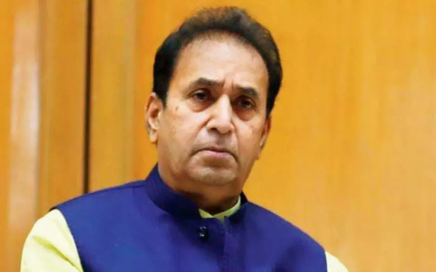
• Understanding Organ Donation:
Organ donation involves voluntarily giving one’s organs, such as the heart, liver, kidneys, lungs, pancreas, and small intestine, after death to save or enhance the lives of those with end-stage organ failure. It is essential to dispel the myth that organ donation is against religious or cultural beliefs, as many major religions in India support this noble cause.

There are two types of organ donation: deceased and living donation. Deceased donation occurs after a person’s death while living donation involves giving a part of one’s organ,to a living recipient, usually a family member or close friend.
Organs that can be donated by living dinors – kidney, lung, liver, pancreas & intenstine
Organs that can be donated by deceased Donors – kidneys, liver, lungs, pancreas, intestine, heart hand and face
• Organ Transplantation in India:
India has made significant progress in the field of organ transplantation, with numerous hospitals and medical centers performing successful transplant surgeries. Kidney transplantation is the most common procedure, followed by liver, heart, and lung transplants. The government and various NGOs have been working tirelessly to promote organ donation and streamline transplantation procedures.
• Legal Framework for Organ Donation:
In India, the Transplantation of Human Organs and Tissues Act (THOTA), 1994, and the Transplantation of Human Organs and Tissues Rules (THOT Rules), 2014, govern organ donation and transplantation. The law allows deceased organ donation from individuals aged 18 years or older who have not explicitly objected to organ donation during their lifetime. For living donation, the law requires informed consent from both the donor and recipient.
• Organ Allocation and Waiting Lists:
Organ allocation is based on a transparent and equitable system, ensuring that organs are distributed fairly among patients in need. The National Organ and Tissue Transplant Organization (NOTTO) manages the national waiting list for organ transplantation. Patients awaiting transplantation are registered on this list based on various medical factors and urgency.
• Challenges and Solutions:
Despite the progress, organ donation in India faces challenges like a lack of awareness, cultural and religious misconceptions, and the need for an efficient organ retrieval and transportation system. Public education campaigns, collaborations between medical institutions, and improved infrastructure are crucial in addressing these issues.
• How to Become an Organ Donor:
Becoming an organ donor in India is a straightforward process. You can register as a donor through NOTTO’s website or state-specific organ donation registries. Additionally, discussing your decision with family members is crucial, as their consent is sought before proceeding with organ retrieval.
Organ donation is a selfless act that has the power to save and transform lives. In India, the need for organ donors is significant, and raising awareness about the importance of organ donation is vital. By understanding the legal framework, addressing misconceptions, and supporting organ transplantation efforts, we can make a significant impact on the lives of many individuals in need. Be a hero, become an organ donor today, and give the gift of life to someone in need.
(The author is the chairperson of Orange City Hospital, Khamla Square, Nagpur)














